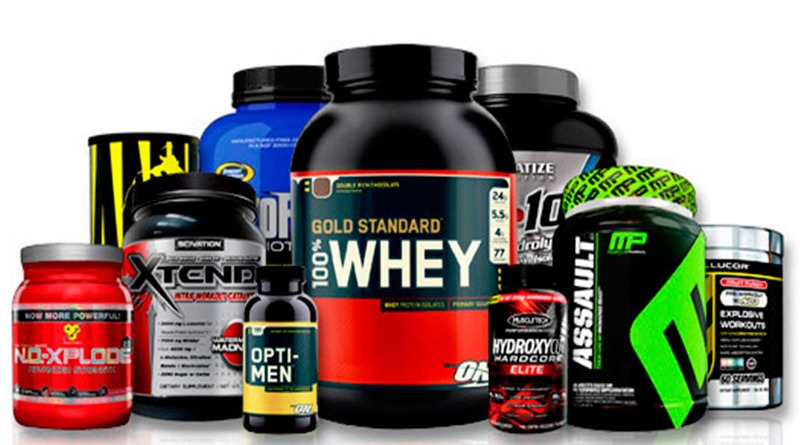Sports nutrition jobs
According to the U.S. Bureau of Labor Statistics, all dietitians and nutritionists can expect a 16% growth in demand for their skills between the years of 2014 and 2024 https://seentient.com. This is much faster than the national average and is believed to be closely linked to the current obesity epidemic.
The following bachelors and Master’s programs offer career-focused instruction delivered by trained nutritionists with experience in the field. Find out more what each individual course of study offers through the locations below.
As of 2025, the average salary for a sports nutritionist in the United States ranges between $55,000 and $90,000 per year, depending on factors like experience, location, and industry. The salary can fluctuate based on the type of work and whether you are employed in a high-paying industry such as professional sports, wellness centers, or private practice.

Sports nutrition supplements
For any individual to physically perform at his or her best, a nutritionally adequate diet and sufficient hydration are critical. The Dietary Guidelines for Americans and MyPlate recommend such an eating plan for everyone. Athletes require adequate daily amounts of calories, fluids, carbohydrates (to maintain blood glucose levels and replace muscle glycogen; typically 1.4 to 4.5 g/lb body weight ), protein (0.55 to 0.9 g/lb body weight ), fat (20% to 35% of total calories), and vitamins and minerals .
This guide to eating healthy on a budget can be a useful resource, but if you’re a coach who’s working with an athlete, it can also help to understand the problems presented by “food deserts” and “food insecurity.”)
Use our continuum to guide your choices: About 80 to 90 percent of your carb intake should come from the “Eat More” and “Eat Some” columns in the carbohydrate food list below. The other 10 to 20 percent can come from whichever column you prefer. (Note: If you’re wondering about vegetables, check out “The importance of micronutrients” below—they have their own category.)

For any individual to physically perform at his or her best, a nutritionally adequate diet and sufficient hydration are critical. The Dietary Guidelines for Americans and MyPlate recommend such an eating plan for everyone. Athletes require adequate daily amounts of calories, fluids, carbohydrates (to maintain blood glucose levels and replace muscle glycogen; typically 1.4 to 4.5 g/lb body weight ), protein (0.55 to 0.9 g/lb body weight ), fat (20% to 35% of total calories), and vitamins and minerals .
This guide to eating healthy on a budget can be a useful resource, but if you’re a coach who’s working with an athlete, it can also help to understand the problems presented by “food deserts” and “food insecurity.”)
Degrees in sports nutrition
“The Sport Nutrition MS program was great. Its hybrid approach is ideal for a working student, and in-person classes are offered in the evenings. All professors took a strong interest in students’ development from a classroom and real-life perspective. The Sport Nutrition option is unique to UCM and offers value for your professional development. I highly recommend this program!”
The sports nutrition program focuses on the application of nutrition principles as they relate to sport and human performance. Students will explore how nutrition impacts performance. Graduates will be prepared for careers including sports nutrition, personal training or work in the fitness industry, including product development and research. Students may choose to supplement their academic training with national certification in a specific area including personal trainer, strength and conditioning coach or health coach.
Based on the rigor and innovation of the UTampa’s program, the International Society of Sports Nutrition recognized it as the first graduate program in Florida to offer approved coursework for preparation for the CISSN examination.
